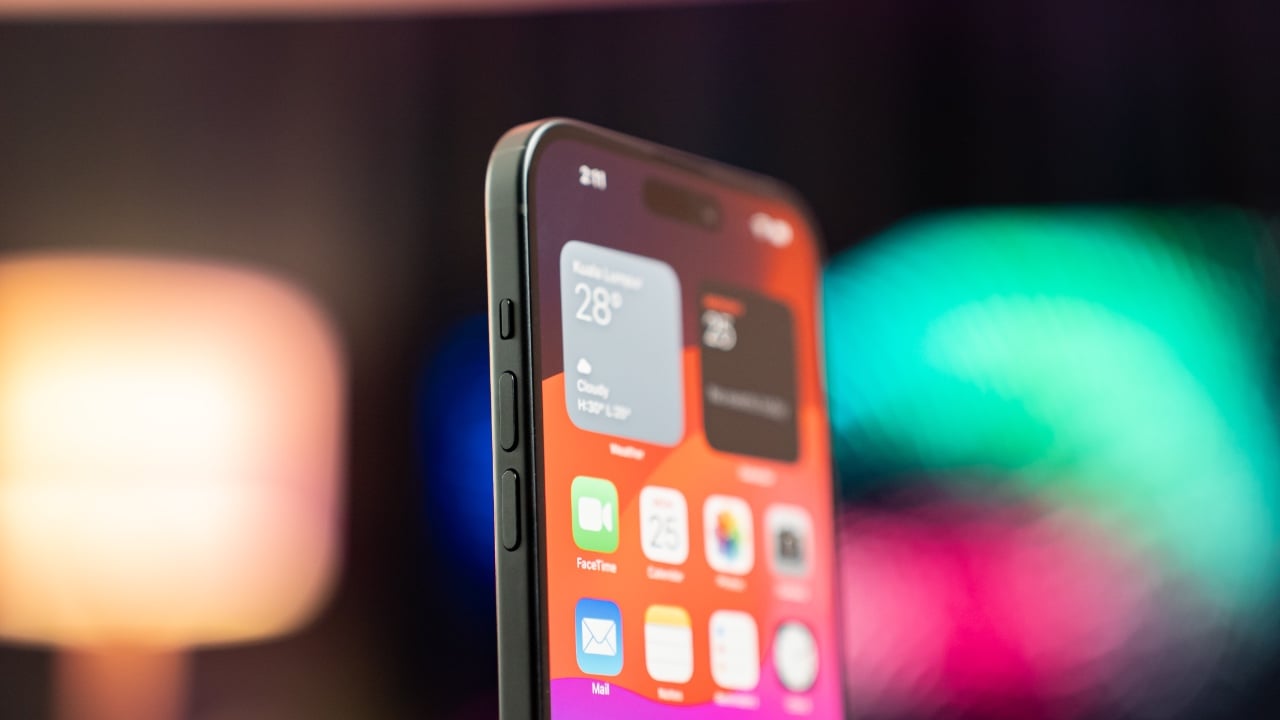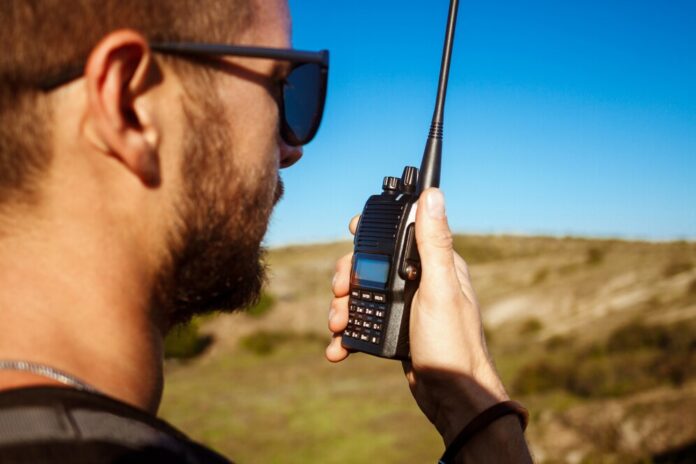This guide is designed to show you how you can protect your iPhone from potential security threats. In today’s digitally driven world, smartphones have become an indispensable part of our lives. We store a wealth of personal information on these devices, making them a prime target for cyberattacks. iPhones, with their widespread popularity and reputation for security, are no exception. However, even the most secure devices can be compromised if not properly protected.
This guide will delve into the intricacies of safeguarding your iPhone from security threats, empowering you to navigate the digital landscape with confidence.
Essential Steps to Fortify Your iPhone’s Security
Secure Your Passcode:
A strong passcode is the cornerstone of iPhone security. Avoid using easily guessable combinations like birthdays or anniversaries. Instead, opt for a long, complex passcode consisting of a mix of upper and lowercase letters, numbers, and symbols. Additionally, consider enabling two-factor authentication (2FA) for an extra layer of protection.
Keep Your iPhone Updated:
Apple regularly releases software updates to address security vulnerabilities and introduce new features. These updates are crucial for maintaining your iPhone’s defense against evolving threats. Ensure you have automatic updates enabled to receive these patches promptly.
Beware of Phishing Attacks:
Phishing scams attempt to trick you into revealing personal information or clicking on malicious links. Be wary of unsolicited emails, text messages, or social media messages that ask for sensitive information or redirect you to unfamiliar websites. Never enter your credentials on suspicious websites.
Download Apps Only from the App Store:
The App Store is a secure platform for downloading apps. Avoid installing apps from unofficial sources, as these may contain malware or viruses. Always verify the app developer and check user reviews before installing.
Enable App Tracking Transparency:
App Tracking Transparency (ATT) allows you to control which apps can track your activity across other apps and websites. This feature helps protect your privacy and minimize targeted advertising. Enable ATT in your iPhone’s Settings to restrict unnecessary tracking.
Use Strong Passwords for Online Accounts:
Use strong, unique passwords for all your online accounts, including those linked to your iPhone. Avoid reusing passwords, as compromising one account could expose all others. Consider using a password manager to generate and store strong passwords.
Be Cautious with Public Wi-Fi:
Public Wi-Fi networks can be vulnerable to eavesdropping, putting your data at risk. Avoid accessing sensitive information, such as online banking or social media, on public Wi-Fi. If necessary, use a VPN (Virtual Private Network) to encrypt your internet traffic.
Secure Your Physical Device:
Protect your iPhone from physical theft or loss by enabling a passcode and using a strong screen lock. Consider using a Find My iPhone app to locate your device in case it’s lost or stolen.
Be Vigilant about Unusual Activity:
Monitor your iPhone’s activity for any unusual signs, such as unknown app installations, unexplained data usage, or changes in settings. If you notice anything suspicious, take immediate action to protect your device.
Seek Professional Help When Needed:
If you suspect your iPhone has been compromised or if you need further assistance with security measures, don’t hesitate to seek professional help from Apple or a reputable IT specialist.
Additional Tips for Enhancing Security
- Regularly back up your iPhone data: This ensures you have a copy of your important information in case of device loss, theft, or data corruption.
- Install a reputable antivirus or anti-malware app: These apps can provide additional protection against malicious software.
- Avoid clicking on suspicious links or opening unknown attachments in emails or text messages.
- Be cautious about sharing personal information online. Only share sensitive information with trusted websites and individuals.
- Educate yourself about cybersecurity: Stay updated on the latest security threats and trends to make informed decisions about protecting your iPhone.
Filed Under: Apple, Apple iPad, Guides
Latest aboutworldnews Deals
Disclosure: Some of our articles include affiliate links. If you buy something through one of these links, aboutworldnews may earn an affiliate commission. Learn about our Disclosure Policy.







